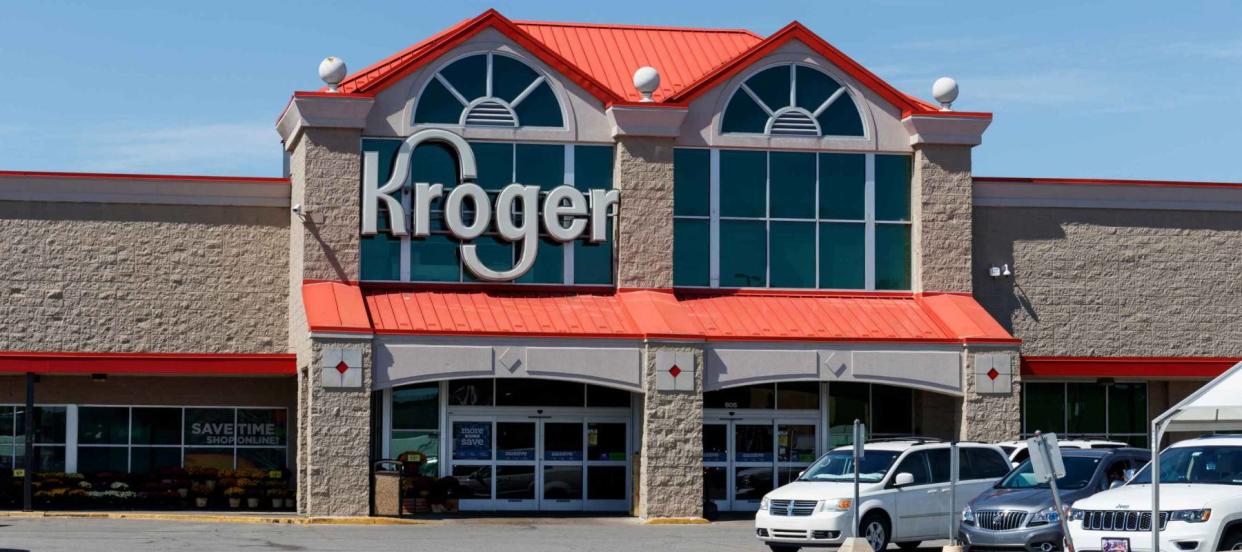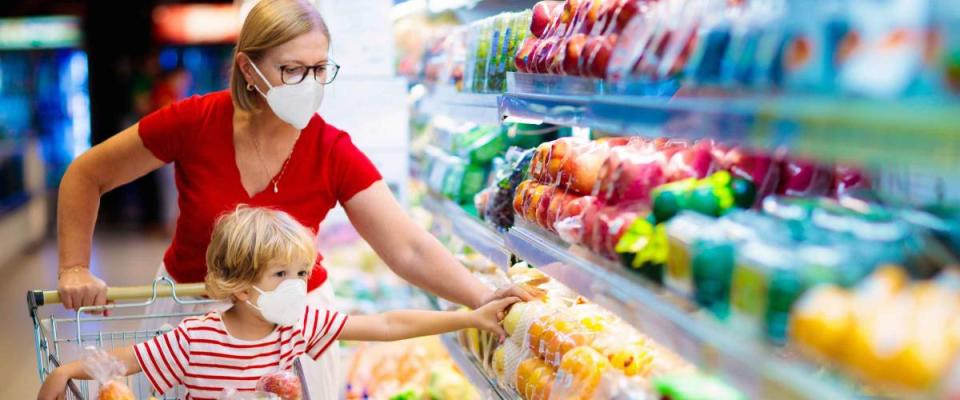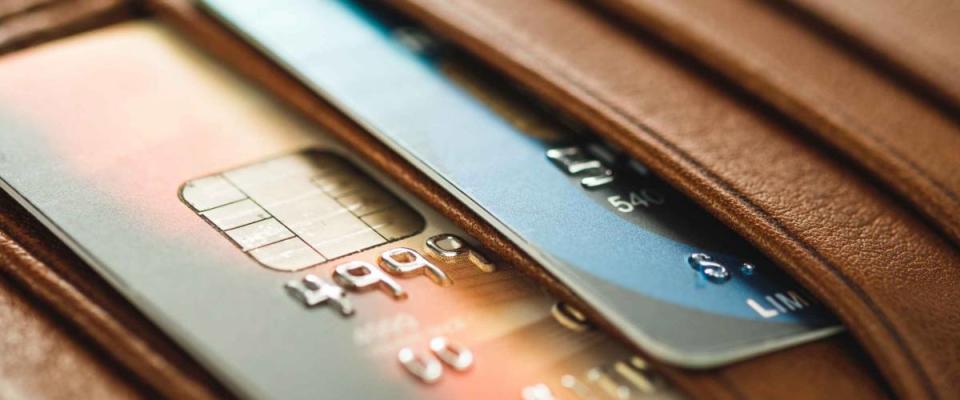Kroger, America's largest grocer, has stopped giving coins as change

You won't get any coins back with your change if you pay cash at one of the thousands of U.S. grocery stores operated by Kroger.
America's largest supermarket chain says its cashiers are having trouble making change because of a national coin shortage related to the coronavirus pandemic. The company is rounding up cash purchases to the nearest dollar and is giving customers options for the coin change they're owed.
Some shoppers are OK with it, but others are not happy.
What Kroger is doing if you have change coming

Kroger says its stores don't have enough coins for the registers.
Chances are, you've shopped at a supermarket owned by Kroger, which has nearly 2,800 stores in 35 states and the District of Columbia. They're not all called "Kroger"; the company also operates Fry's, Fred Meyer, Harris Teeter, King Soopers and Ralphs grocery stores, among others.
Kroger has been telling customers on Twitter that its stores have been affected by a "significant coin shortage" at the Federal Reserve, America's central bank. "As a result, the company is implementing a new process for providing change to customers," Kroger says.
In a June 11 news release, the Fed said its supply of coins had fallen below normal because of the COVID-19 crisis.
"In the past few months, coin deposits from depository institutions to the Federal Reserve have declined significantly, and the U.S. Mint's production of coin also decreased due to measures put in place to protect its employees," the statement said.
Because it doesn't have coins to give out to shoppers, Kroger says it can apply their pocket change to their loyalty cards, so the money can be used toward a future in-store, delivery or pickup purchase.
"Alternately, we can round your transaction up to the nearest dollar and donate it to your local food bank," the company says in its tweets.
How customers are reacting

Some shoppers are taking the new coin policy in stride.
Some Kroger shoppers reaching out to the company on Twitter say they have no problem with the no-coins policy.
"I see cash coin change will be put in our rewards card for future use because of the coin shortage. I like it," writes one.
But others are reacting in disbelief — or are even ticked off.
"What gives you all the right to withhold people’s money? Can’t force everyone to pay with credit cards or have a #Kroger card," tweets @BBaum17.
Kroger isn't the only retailer that's short on change. Wawa — a convenience store chain with a cult following — is asking customers to pay with exact change, or allow their purchases to be rounded up and have the change donated to charity.
Retail giant Walmart says that while cash is still welcome in its stores, it's also dealing with the coin shortage.
"We’re asking customers to pay with card or use correct change when possible if they need to pay with cash," says Walmart spokeswoman Avani Dudhia, in a statement given to media outlets.
What should a shopper do?

You can avoid the 'no coins' policies by shopping with a credit or debit card.
Using a credit card or debit card is the best way to totally avoid the issue if a store is experiencing a coin crunch. Just shop with your plastic and there'll never be an awkward moment at the checkout.
If you're inspired by the way the retailers are helping customers donate their change, you can pick a debit card that will put your pennies to good use.
One company offers a debit card that lets you round up your purchases and invest your spare change in an automated investment portfolio. You can watch your pocket money accumulate — and grow.
Or, you might choose a debit card that allows you to use your change to plant trees or support other Earth-friendly projects. Not only that, but this particular debit card pays up to 10% cash back.
You may never use cash again. And that might be just fine with a growing number of stores.


